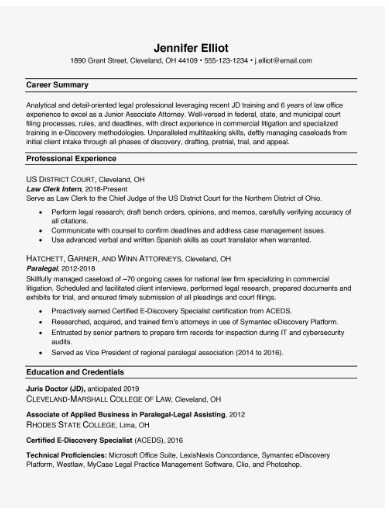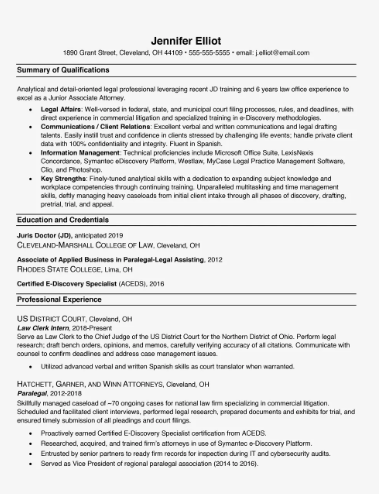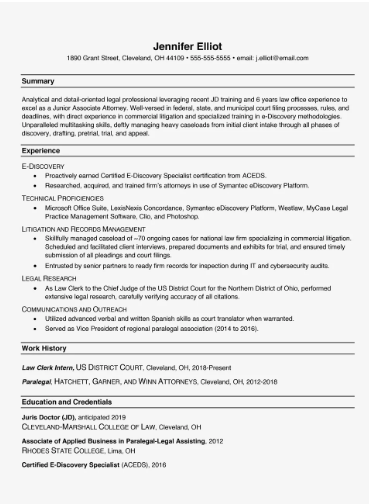While we are looking for a new job, we need a CV. But CV is not enough to be accepted for a job which we dream. Nowadays, we have to have a resume which describes our educational background and work experience. It is also required mostly in job interviews.
Generally, a resume takes for one page. It shouldn’t be longer than one page. But sometimes it can be for two pages. It can include lists to keep information short.
A well-prepared resume creates an impression that you are always a ready and regular person. It makes you special between lots of people.
While Writing a Resume, What Should You Take Care?
Your resume should introduce you and it shows your quality, your educational and working background. It should include your academical achievements. The important one is your work life and school life and also your reactions.
Employers read lots of resume. If you want to write a different resume, you should keep it short and brief. Employer should read it just one time to understand. It should be so clear.
A well-prepared resume brings your strengths into into the forefront and it keeps your weaknesses in the background. And it prepares you to job interview. While you are writing your resume, you keep them in your mind. You become sure yourself in the job interview. Because the employer will ask questions by looking at your resume.
Resume Format Types
There are totally three resume format types. They are;
- Chronological Resume
- Functional Resume
- Combination Resume
1) Chronological Resume: It is mostly used resume format type. It is prepared quietly easily. If you want to prepare a chronological resume, you should use this order; personal information, career aims, educational information, work experiences, skills, abilities, members, associations and references. If you use this order, you fill a chronological resume. There is a sample of chronological resume here:
A Chronological Resume Example

2) Functional Resume: This type of resume formats is used by professional workers, important specialists. These people should have experiences for long years. To prepare a functional resume can take for even two days. Because it includes long and detailed information about the personal. In such resumes, specialism, experience and sector information come into prominence. There is a sample of functional resume. You can use it as your format.
A Functional Resume Example

3) Combination Resume: If you want to prepare your resume according to a chronological order and if you also separate your resume according to sections, you can use this type of resume formats. It is a mixture of functional resume and chronological resume. You use the rules of chronological resume and functional resume. Both of them are important while you prepare your combination resume. You have to know them well. There is an example of combination resume. When you need, you can use it as your resume format.
A Combination Resume Example

Important Advises to Have A Well-Prepared Resume
- Focus on the aim: Don’t try to be seen very clever or sweet. You should focus on your aim. Your aim should be to be accepted to the job.
- Length: A resume should be for one page. It doesn’t need to be longer.
- Spelling Rules and Punctuation Marks: After you write your resume, you have to check it again. You should proofread it and regulate it if it is necessary.
- Use numbers: Numbers are important. If you want the employer to take attention, use lots of numbers.
- The position should be suitable for you: If the position is suitable for you, mention about your characteristics which are related to the job application. The employer takes care such details.
- A resume is a selling material: You should sell your advantages about that job. You don’t sell your experiences, academic achievements. You sell your advantages. Don’t forget it.
- Your resume should be clean and pretty: Use a clear, basic and well format. It should be read easily and it has to be understandable.
- Be trust: Don’t write unreal things. If the employer understands your lies, it affects you badly.
- Don’t repeat: If you write something just for one time, it is enough. You don’t need to write lots of time. You should use short and brief sentences.




